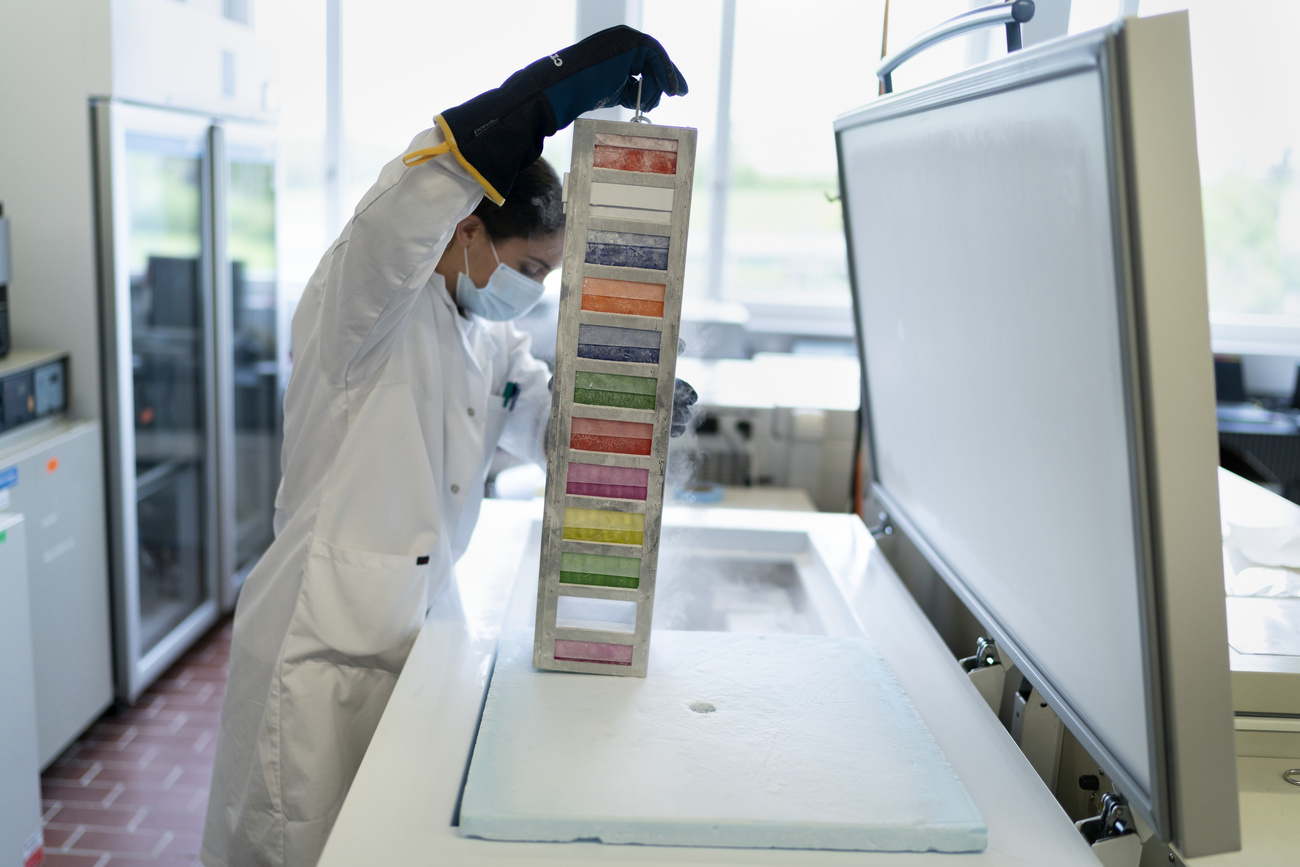
Wastewater analysis indicates coronavirus wave in Switzerland

Swiss public broadcaster SRF reports that a hidden coronavirus wave is rampant in parts of Switzerland. The viral load in sewage treatment plants is as high as in the summer wave of 2022 and higher than last autumn.
The omicron variant is currently dominant, according to federal statistics. Experts say this easily transmissible variant usually leads to a cold, fever or runny nose. The regions of Lucerne, Winterthur and Aarau are particularly affected.
Not yet seasonal
Many experts have predicted that the Sars-CoV-2 will eventually become seasonal but that is not yet the case, notes SRF.
Huldrych Günthard, a senior physician at the clinic for infectious diseases at the Zurich University Hospital, says there are multiple possible explanations for this. One could be that the immunity of the population is not as high as desired so the basic activity of the virus remains still too high. “Another possibility is that the virus has it easier again because only a few are vaccinated and therefore the partial vaccination,” he told the broadcaster.
+ Vaccination rates in Switzerland
The total number of coronavirus cases in Switzerland is unknown. Testing has become rare after the government stopped covering testing costs on January 1, 2023. Hospitals consulted by SRF, including Zurich University Hospital, haven not reported an increase in coronavirus patients.
The use of wastewater-based epidemiology as a tool to monitor SARS-CoV-2 circulation arose among researchers early in the pandemic. Findings were used to identify hot spots and inform public health decision-making in several countries, including Switzerland. But a cost-benefit analysis led Switzerland to reduce the number of waste treatment plants used to monitor the spread of Covid-19 in wastewater in January.

More
Coronavirus: the situation in Switzerland

More
‘Sewage doesn’t lie’ when tracking Covid-19

In compliance with the JTI standards
More: SWI swissinfo.ch certified by the Journalism Trust Initiative






























You can find an overview of ongoing debates with our journalists here . Please join us!
If you want to start a conversation about a topic raised in this article or want to report factual errors, email us at english@swissinfo.ch.